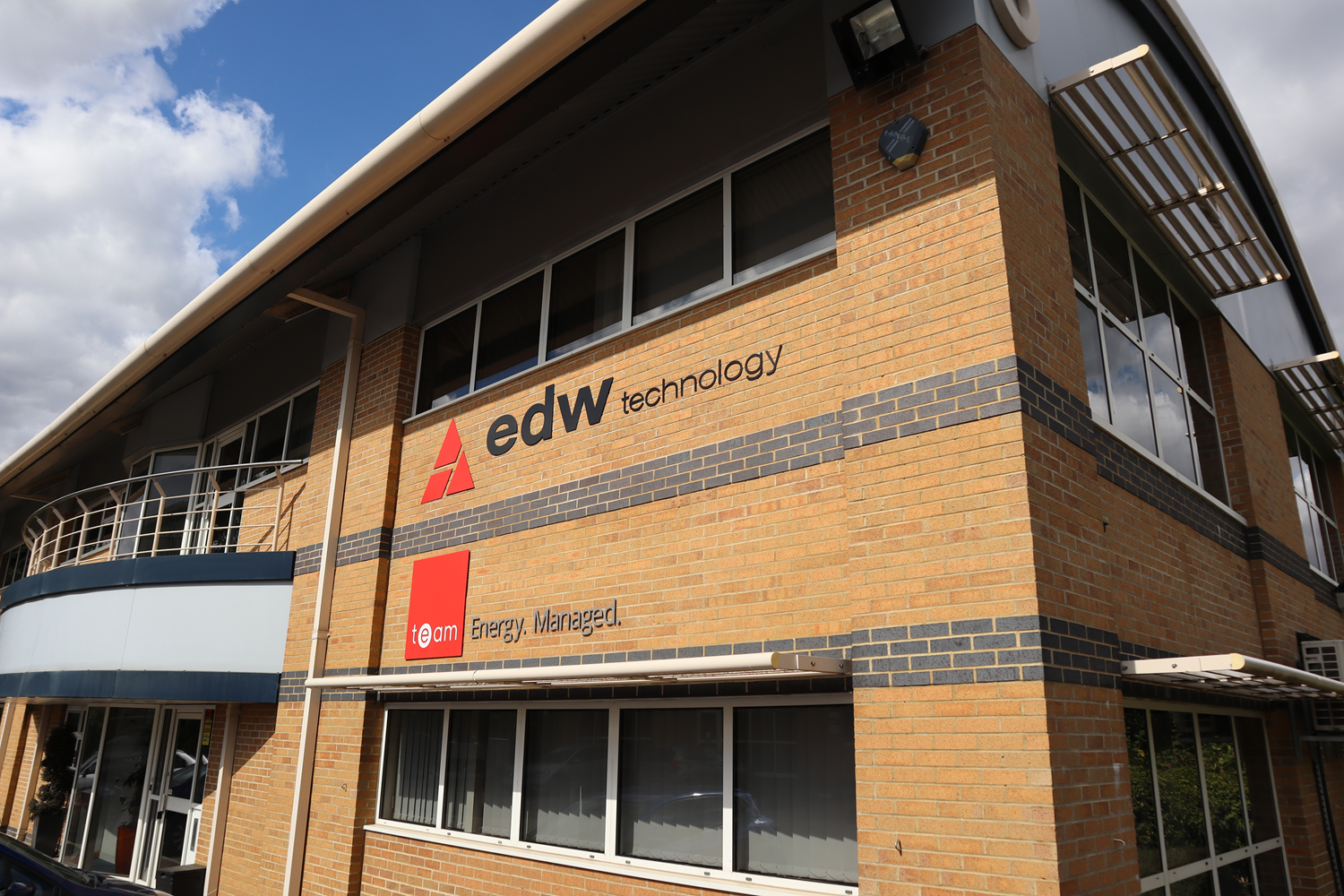

TEAM Energy’s Net Zero Targets – Catalyst for Change or Challenge?
As a consultancy focused on energy and net zero, we prioritise leadership in sustainability by setting bold targets that reflect our organisational values. As an employee-owned company committed to making a meaningful impact, we’ve pledged to reach net zero emissions by 2030, two decades ahead of the UK Government’s goal. This pledge is now woven into our operations, culture, and consultancy approach.
We achieved carbon neutrality in 2021 through verified offsetting, but our emphasis remains on genuine emissions cuts. Our strategy is endorsed by the Science Based Targets initiative (SBTi), with a commitment to reduce Scope 1, 2, and 3 emissions by 90% from our FY2019 baseline.
Our roadmap includes initiatives such as energy efficiency improvements, renewable energy adoption, sustainable travel, and supplier collaboration.
How Net Zero Aligns with Our Business Strategy
Our net zero commitment has reshaped our organisation. It has refined our decision-making, evolved our culture, and aligned our business model with long-term sustainability goals.
Led from the board level, our strategy has engaged all employees, ensuring they understand the purpose and methods behind our carbon reduction efforts.
Incorporating carbon reduction into our corporate strategy has also enhanced our consultancy services. Clients increasingly seek partners with authentic net zero commitments, and ours strengthens our credibility.
We’ve proactively achieved carbon neutrality ahead of our net zero timeline, fully offsetting emissions since FY2021. This reflects our belief in doing what’s right, not just what’s required.
By aligning our business strategy with ambitious climate goals, we’ve positioned ourselves to lead with purpose.
Financial Impacts of Net Zero
While we aspire to implement every net zero initiative, we must also maintain profitability. Balancing sustainability with financial viability is a challenge we navigate with care. Change comes at a cost, but it doesn’t have to be a choice between business and sustainability. We aim to integrate both.
We have made substantial investments to kickstart our journey, including solar PV upgrades, HVAC modernisation, EV charging infrastructure with free staff access, and switching to HVO fuel for backup power. We’ve also built a strong environmental management system to secure ISO 14001 certification.
These investments have paid off. We’ve seen reduced energy use, lower travel expenses, and improved efficiency, all contributing to measurable savings and short payback periods. Our Carbon Reduction Plan shows a 37% drop in emissions since FY2019. Being net zero-ready has also boosted our public sector procurement opportunities, especially under PPN 06/21 requirements.
Operational Perspective: Driver, Burden, or Both?
Operational pressures have occasionally hindered our carbon reduction efforts. For example, in FY2024, our emissions surpassed targets due to unexpected Scope 3 increases linked to training, insurance, and remote working. These challenges revealed the need for deeper integration of sustainability into our core business functions.
Interestingly, while homeworking emissions rose, commuting emissions fell—highlighting how every operational shift affects our footprint. Finding equilibrium is key, as each decision influences our emissions profile.
We have achieved quick wins through energy efficiency measures like adjusting heating schedules, optimising water systems, and replacing office equipment. These small changes contributed to a 3.6% emissions reduction by FY2024.
Our planning considers both short- and long-term goals, targeting major contributors like commuting, homeworking, and electricity use. We’ve improved office energy efficiency and upgraded our solar PV system to boost renewable energy use. We favour local suppliers and are moving toward selecting net zero-aligned partners.
Our EV salary sacrifice scheme and free charging stations have helped employees reduce commuting emissions. One of the most transformative shifts has been employee engagement. As an employee-owned firm, staff involvement is vital. Annual surveys help us track homeworking and commuting patterns, shaping our strategy and fostering buy-in.
We also share regular updates internally, making net zero a shared mission rather than a top-down directive.
Beyond Business: Community and Collaboration
Our commitment extends beyond our own operations. We partner with the Forest of Marston Vale, supporting reforestation and biodiversity efforts. Every employee plants a tree, reinforcing our belief in community-driven climate action.
We’re proud members of the SME Climate Hub and the UN Global Compact Network, aligning with global sustainability standards. Our accreditation by the Good Business Charter further reflects our dedication to ethical business practices.
Our net zero ambition drives all these efforts. It’s not just about operational change, it’s about empowering our people, aligning our strategy, and connecting with like-minded communities.
Conclusion
The journey to net zero isn’t always smooth. We’ve faced setbacks and exceeded targets at times, but our commitment remains unwavering.
While sustainable choices can be costly upfront, we’ve found that investing in ethical suppliers pays off in the long run. That’s the heart of our business ethos: creating lasting positive change.
Looking ahead, we hope to see more support for SMEs and mid-sized firms, especially clearer guidance on Scope 3 emissions and supply chain engagement.
We don’t see net zero as a burden. We view it as a chance to lead with purpose, build resilience, and leave a meaningful legacy for the planet.
Read more about TEAM’s net zero strategy and journey so far.










